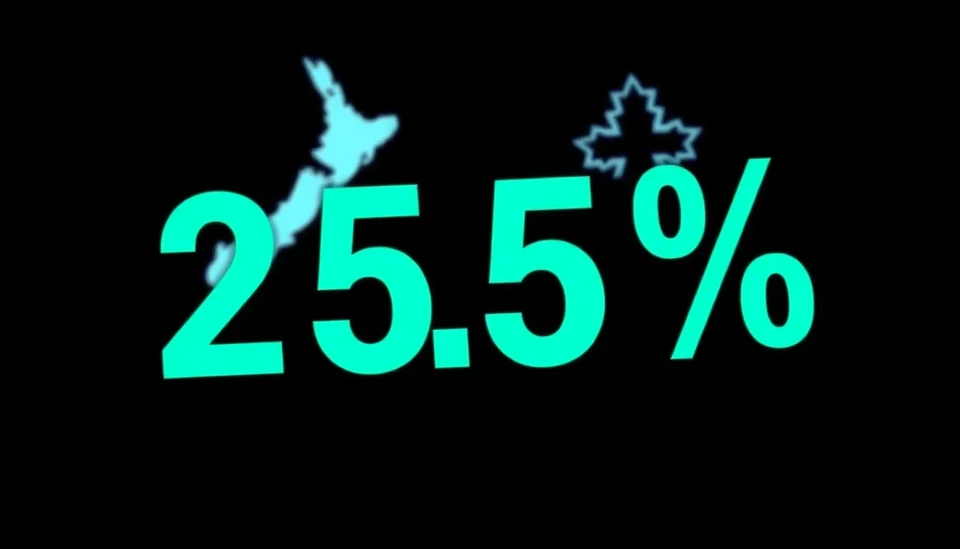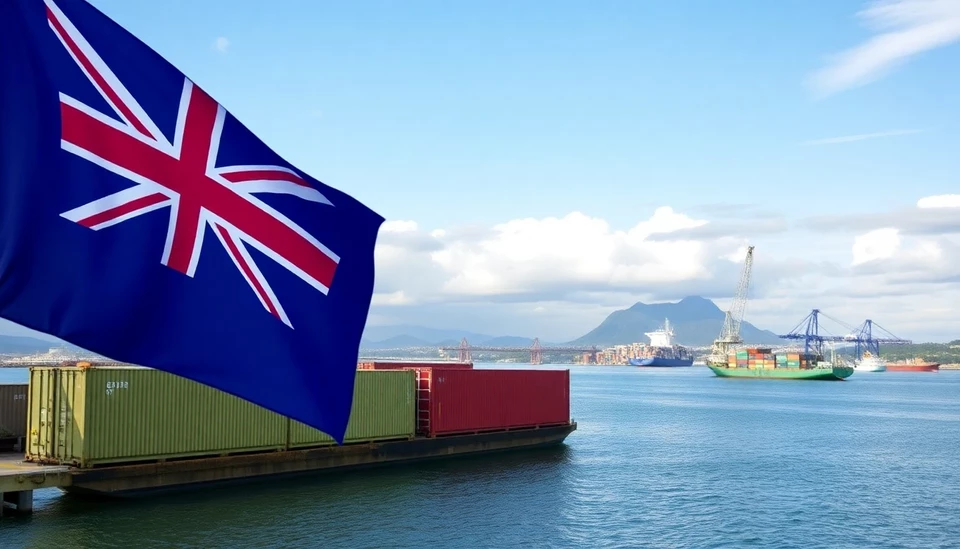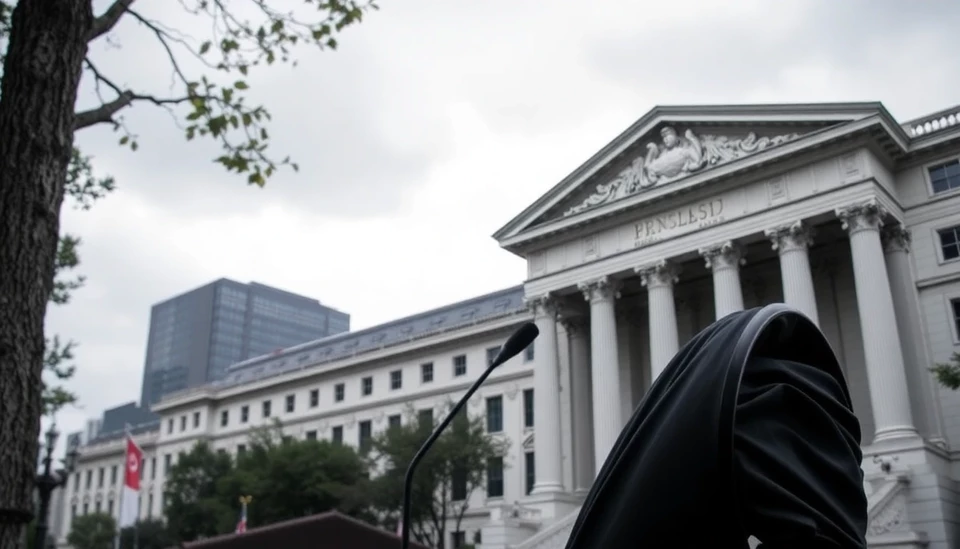
In a surprising twist for the economy, New Zealand's inflation rate has accelerated more than analysts had anticipated, reaching 2.5% in April. This climb in the Consumer Price Index (CPI) has raised eyebrows, as it exceeds the Reserve Bank of New Zealand's (RBNZ) expectations, compounding concerns over rising cost pressures in the country.
The higher-than-expected inflation is attributed to various factors, including increased prices for food and housing, reflecting broader trends observed in global markets. The surge follows a series of adjustments in monetary policy aimed at stabilizing the economy after the disruptions caused by the pandemic. These shifts included previous interest rate hikes intended to curtail inflationary trends.
Economists had projected a more conservative inflation rate of around 2.3% for the quarter, making the actual figure even more startling. With inflation now at 2.5%, it could lead to significant implications for monetary policy and business sentiment moving forward. The RBNZ may need to reconsider its strategies in light of this development, potentially leading to further adjustments in interest rates as they strive to rein in price growth.
Food prices have seen a notable increase, with staples such as vegetables and processed foods experiencing steep climbs. The housing sector has also been a key contributor, with rental costs continuing to rise in urban areas. The combination of these factors is likely contributing to a growing sense of financial strain among consumers.
Market analysts are watching closely, aware that persistent inflation could lead to tighter monetary policies as the RBNZ attempts to balance economic growth with price stability. This situation is compounded by external economic pressures, including fluctuating global supply chains and ongoing geopolitical tensions, which could further strain New Zealand's economic landscape.
With the inflation rate now at 2.5%, the RBNZ faces the challenging task of navigating these complexities while fostering a stable economic environment. The coming months will be crucial for policymakers as they address these inflationary pressures and their wider implications for New Zealand's economy.
As stakeholders await the RBNZ's next moves, the implications of this inflation rate will certainly be felt across various sectors, from consumer spending habits to business investments. Economic leaders and everyday citizens alike are now grappling with the potential consequences of this upward trend in inflation, highlighting a growing urgency to address this emergent issue.
In response to this inflationary pressure, there is likely to be ongoing discourse among economists and policymakers about the balance between stimulating growth and controlling inflation. The development will be closely monitored not only for its impacts within New Zealand, but also for its effects on regional and global economic dynamics.
As the narrative unfolds, New Zealand's economy finds itself at a pivotal juncture, where careful navigation and proactive strategies will be required to manage the risks posed by a rising inflation landscape.
#NewZealand #Inflation #Economy #ReserveBank #InterestRates #ConsumerPrices #HousingMarket #FoodPrices #EconomicPolicy #FinancialNews
Author: Daniel Foster




